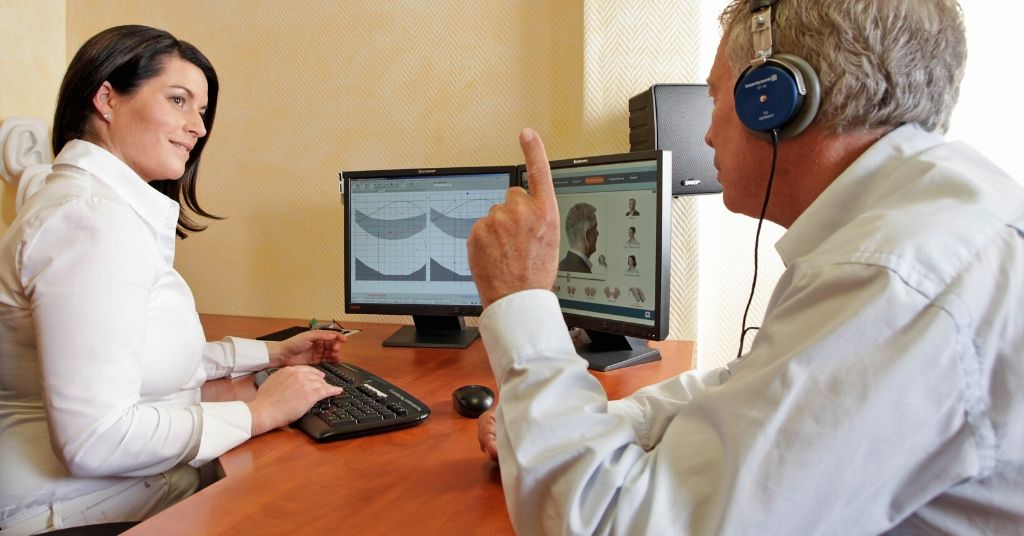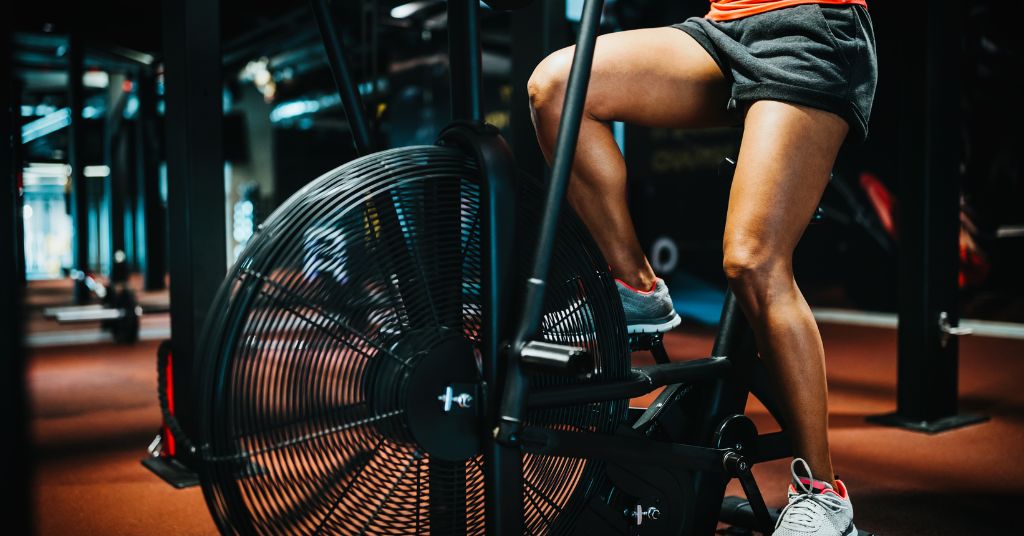
Kelly Clarkson releases new ASL video for song ‘I Dare You’
May 4, 2020
Study: The impact of hearing loss on mental health
May 8, 2020How I’ve learned to live with Meniere’s Disease

Living with Meniere’s Disease hasn’t been easy but I’ve come a long way.
Your vision glitches with a sudden roll to the side, like a malfunctioning TV. An uneasy feeling takes root in the pit of your stomach. Pressure starts to build in your ears, accompanied by loud roaring sounds. You feel like you are in an airplane that is endlessly taking off. Nausea washes over you, from your stomach to your skin, as the whirring of your vision multiplies so fast you can no longer see the world around you. You sway and rock like you are on the sea. You get down as low as you can and wait for this to pass. Sometimes it’s 15 minutes, sometimes it could be as long as eight hours.
This is what it feels like to have an acute attack of vertigo. It is one of the defining symptoms of Meniere’s Disease.
What is Meniere’s Disease?
Meniere’s Disease is a condition where there is a build-up of fluid in the inner ear. according to The Meniere’s Society., this fluid interferes with the signals to the brain responsible for balance and hearing. This causes the affected person to have a number of symptoms including vertigo (dizziness), imbalance, tinnitus (ringing and other sounds in the ears), and hearing loss, All of these symptoms present differently depending on the individual.
Meniere’s attacks happen differently for everyone. Nausea, vomiting, exhaustion, and migraines are common. They strike without warning, for an undetermined period of time, often occurring in clusters or episodes where several happen in a short time. Then days, weeks, months or years may go by without it happening again. This happens once for some, while others have recurring episodes throughout their lives. Between these acute attacks, some have mild symptoms on a day-to-day basis and others don’t. The cause is unknown, although there are theories. Living with Meniere’s means living with a lot of uncertainty.
These symptoms all occur in other conditions as well, so if you have them, this does not necessarily mean you have Meniere’s.
Diagnosis
The road to diagnosis can be a long one. For years, I bounced between doctors being told that I had an ear infection. Others flat out refused to believe there was anything wrong with me, attributing my symptoms to anxiety. I lived in a state of chronic fear and panic, not knowing what was making me ill. At times I believed it was in my mind, which had a huge impact on my self-confidence. I was afraid to socialize for fear of having an attack in public. My fading hearing made every conversation stressful. I began to fade, too.
It was only when I lost three jobs in the space of a year that I was taken seriously and referred to an Ear, Nose and Throat consultant who tested and ultimately diagnosed me. Unfortunately, this is a common story for people with Meniere’s, so the lead-up to diagnosis is usually a distressing time.
Once diagnosed, I was referred to a physiotherapist who changed my life. He helped flip my perspective, not just on Meniere’s, but on my entire life.
Read more: How a hearing aid helps my mom live with Meniere’s Disease
Finding Balance
He showed me how balance works. Your brain relies on three sources of information to balance: inner ears, vision, and proprioception (signals from nerve endings in your bones, joints, and muscles). I can’t rely on my inner ears, but it is possible to make the other systems work a little harder. He explained that proprioception needs some encouragement to improve. That means doing lots of physical activity, relying as little as possible on vision. I found different ways to challenge myself – juggling and climbing blindfolded were both favorites. Not at the same time, though!
Years of yoga had already pushed my balance far beyond the expectations of my consultant, but my physiotherapist and I decided to keep pushing my limits. I climbed obsessively, at first indoors and then outdoors. It has become one of my greatest joys and opened a door to other outdoor
sports that have changed the shape of my life. So far in the past year, I have snowboarded, skied, and surfed my way around Canada and the USA – something I had thought impossible a couple of years previously.
He also reminded me that Meniere’s is episodic in nature. That means that no matter how rough it gets, there will be a better moment. That helped me stay strong through the bad episodes. Now, every day I am not ill is an opportunity to celebrate. Meditation and mindfulness help me to connect with the moment I am in, and stop me from getting caught up in past pain or future possibilities.
“…every day I am not ill is an opportunity to celebrate.”
Identifying Triggers
There is no known cause for Meniere’s, but people usually find there are aggravating factors that can vary wildly from person to person. Mine are stress and salt, which are the most common for people with Meniere’s, as well as foods like cheese, red wine, and caffeine. My consultant advised me to stay away from these foods specifically. A more exhaustive list can be found at Meniere’s.org.
Stress is the major one for me. It happens instantly: as my stress levels rise, the whooshing sounds in my ears rise in tandem, I can’t hear people, and my body starts to sway. Consequently, I get more stressed and the vicious cycle continues. Now when I am stressed or tired, I know I need to stop and take care of myself.
Living with Meniere’s Disease
Living with Meniere’s means I have to check in with myself physically and emotionally every single day. I watch everything I put into my body and each thought that passes through my mind, as well as the environments in which I put myself. It has also made me grateful for every second I am healthy. In this way, Meniere’s has had a positive impact on my life. It has been a few years since I have had a full-blown attack, and although I have low-lying symptoms most of the time, they no longer escalate.
For many years I worked in stressful jobs because I felt like I “should” cope, but recognizing that it was no good for me set me free. Instead, I qualified as a yoga teacher and created a lifestyle for myself where I can spend a lot of time outdoors doing the things I love with people I love. On this journey, I’ve connected with other people through support groups, learning sign language, and of course HearingLikeMe! In the end, accepting my limits made my life feel limitless!




